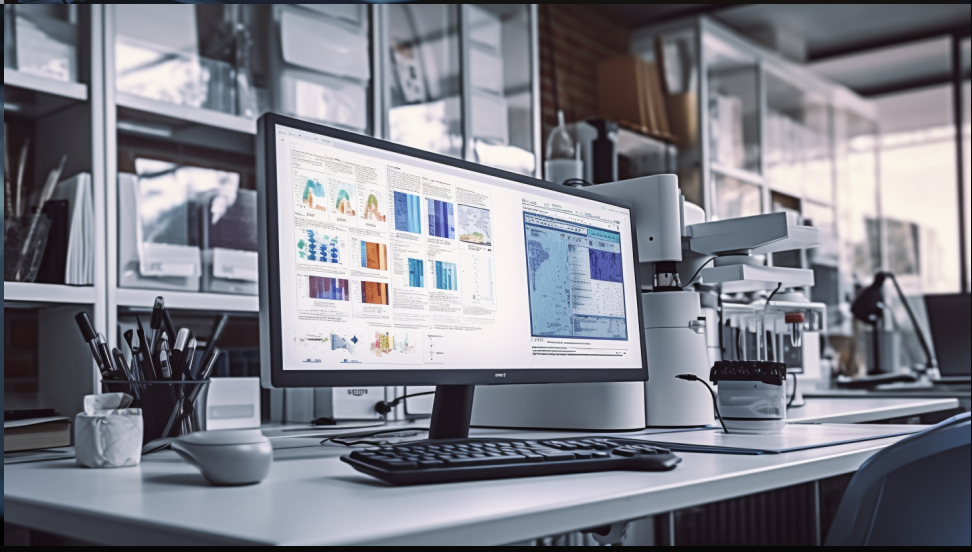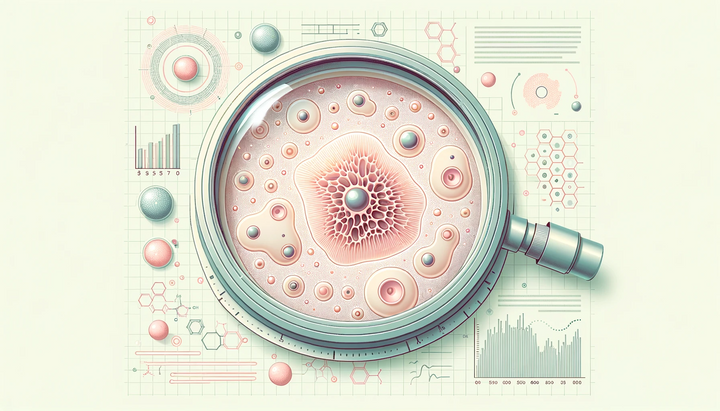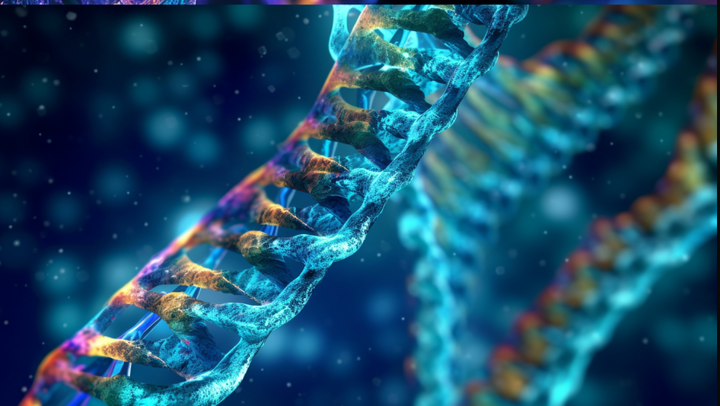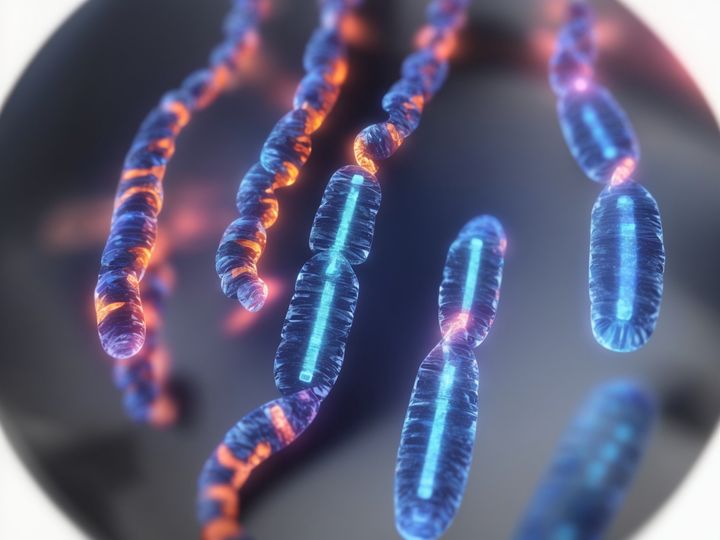Bioinformatics 101: How Big Data is Solving Big Biological Questions
Unlock the mysteries of bioinformatics and discover how it's revolutionizing science and healthcare. Learn how Bionl.ai is making this intricate field accessible to all, from seasoned researchers to aspiring scientists.

What Exactly is Bioinformatics?
Bioinformatics is a multidisciplinary field that unifies biology, computer science, and mathematics to decode the complex language of biological data. Imagine being a detective with an arsenal of advanced computational tools, delving into mysteries that range from genetic codes to evolutionary patterns. This is not merely a subject for academic discussion; it's a practical field with real-world applications. Platforms like Bionl.ai are pioneering ways to make bioinformatics approachable, even for those without a background in programming or data science.
Why Should This Matter to You?
You might be asking, "Why is bioinformatics relevant to me?" The answer lies in the profound impact this field has on our daily lives. Whether it's the development of personalized medicine, the identification of genetic predispositions to certain diseases, or even contributions to sustainable agriculture, bioinformatics is everywhere. Companies like Bionl are at the forefront of democratizing this science, empowering healthcare professionals and scientists to conduct advanced research without the need for specialized programming skills.
The Biology-Data Science Intersection
How Big Data Comes into Play
The term "Big Data" often evokes images of vast server farms and complex algorithms. In bioinformatics, Big Data refers to the enormous volumes of biological data that scientists must sift through to find actionable insights. Platforms like Bionl are instrumental in this process, offering intuitive, no-code solutions that transform what could be a daunting task into a manageable, even straightforward, endeavor.
Traditional Biology vs. Computational Biology
The landscape of biological research has undergone a seismic shift thanks to computational biology. In the traditional paradigm, research was laborious, time-consuming, and often limited in scope. Computational biology, facilitated by bioinformatics, leverages computational power to conduct analyses on a scale and at speeds previously unimaginable. Bionl epitomizes this transition by offering a single workspace where scientists can perform a wide range of functionalities without the constraints of traditional methods.
Crucial Applications of Bioinformatics
Genomic Sequencing
The mapping of the human genome was a watershed moment in science, but it was also a project that required over a decade and billions of dollars to complete. Fast forward to today, and bioinformatics has made genomic sequencing faster, cheaper, and more accessible than ever. Bionl significantly contributes to this accessibility by allowing even non-specialists to conduct complex genomic analyses through natural language prompts.
The Revolution in Drug Discovery
The process of discovering new drugs is incredibly complex and expensive. Bioinformatics has been a game-changer, enabling in-silico (computer-based) experiments that can rapidly identify promising drug candidates. Bionl takes this a step further by providing a platform where healthcare professionals can conduct intricate drug discovery research without having to write a single line of code.

Evolutionary Biology and Conservation
The study of evolution and biodiversity has been greatly enhanced by bioinformatics, allowing for more nuanced understanding and better conservation efforts. Bionl aligns with these scientific goals by providing an intuitive platform that can handle complex evolutionary biology analyses, thereby contributing to both academic research and practical conservation efforts.
The Bioinformatics Workflow
Collecting the Data
The first stage in any bioinformatics project is the gathering of biological data, which can range from genomic sequences to protein structures. Platforms like Bionl make this step easier by offering tools that simplify the collection and organization of large data sets, even for those who may not have a background in data science.
Crunching the Numbers
Once the data is collected, the computational heavy lifting begins. This involves the use of specialized algorithms to analyze and interpret the data. Bionl excels in this area by offering a user-friendly interface that employs natural language processing to translate user queries into actionable analyses.
Interpreting the Data
The final step involves making sense of the results. The raw data and the computational analyses must be translated into meaningful conclusions that can drive further research or be applied in practical applications. With Bionl, this interpretation is made simpler through the use of intuitive prompts, which guide the user in understanding the outcomes of their analyses.
Challenges and the Road Ahead
Ethical Conundrums
Bioinformatics, despite its many advantages, raises ethical questions concerning data privacy and the potential misuse of genetic information. Bionl is cognizant of these challenges and is committed to fostering ethical practices in bioinformatics research.
Technological Hurdles
As biological data continues to grow exponentially, so do the challenges associated with storing and interpreting this information. Bionl is addressing these challenges head-on by offering scalable solutions that adapt to the ever-increasing demands of bioinformatics research.
Conclusion
Bioinformatics is a rapidly evolving field that holds the promise of revolutionizing our understanding of biology, medicine, and even the very fabric of life itself. Platforms like Bionl.ai are pivotal in this revolution, offering innovative platforms that make bioinformatics accessible to a wider audience. Their mission of empowering scientists and healthcare professionals through natural language prompts is not just an incremental improvement; it's a paradigm shift that holds the promise of accelerating research and discovery in unprecedented ways.






